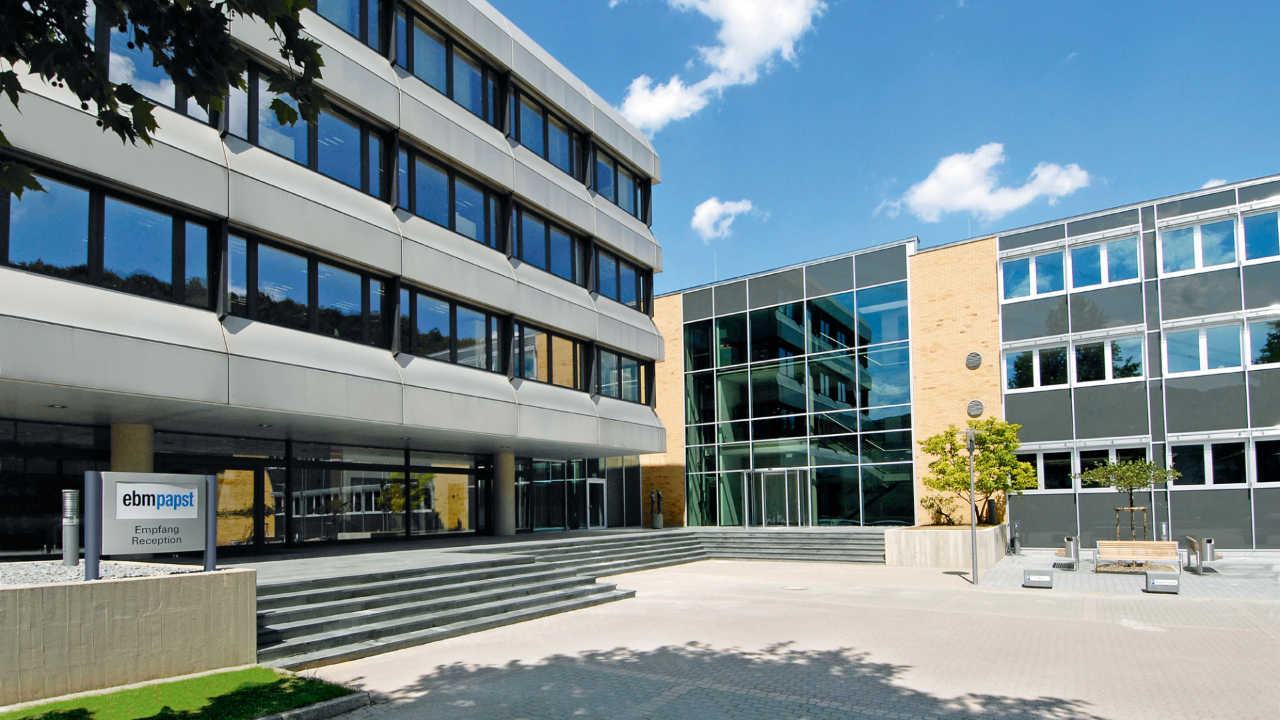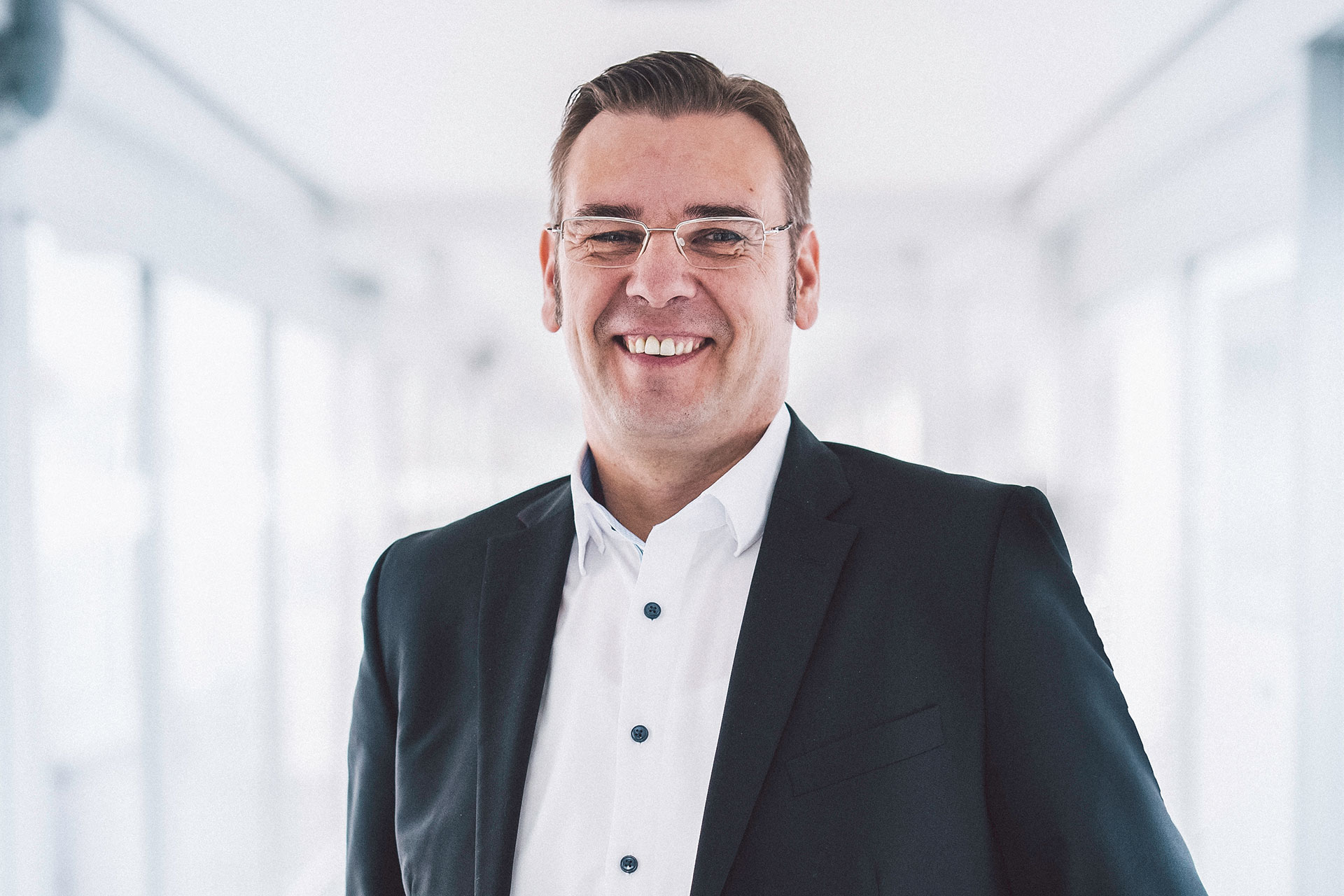
After the withdrawal of the United States from the Paris climate agreement, the United Nations intends to continue the global fight against climate change. Stefan Brandl, Chairman of the Board of Directors of the ebm-papst Group, comments: “Climate protection and energy efficiency are two sides of the same coin. In industry, and in many cities and states, also in the U.S., the goal of a zero-emission economy has become firmly established. Businesses that refuse to accept this will no longer be competitive in the long run. That’s why we’re sticking to our strategy that every new product we develop has to be economically and ecologically superior to its predecessor.” Investing in efficient technologies For ebm-papst, the main development objective is the continuous reduction of the amount of electricity consumed by its products. The company is a pacesetter in the development and sale of high-efficiency EC fans whose control electronics enable energy savings of up to 70%. Ambitious climate goals can only be achieved if industry invests in efficient technologies. Stefan Brandl says, “Climate protection made in Europe has to become a global seal of quality for European climate protection policy, so we support the EU’s plans to toughen the Ecodesign Directive in 2020.” Brandl expects a clear roadmap for more climate protection and energy efficiency from the next German government. He says Germany needs to expand its technological leadership in the megatrends of mobility and green technology, adding “The modern Euro 6 diesel is, along with electromobility, among the most important components for achieving national and European climate protection goals. “ Energy transition in consumption In addition, heating will play a crucial role in fighting climate change. Germany’s energy transition will also be decided in the building sector. German households consume around 35% of total final energy at home. Smart and better-connected heating, ventilation and air conditioning can reduce energy consumption by up to 40%. Brandl says, “The cleanest electricity is still that which never gets used. After industry, private households are the biggest consumers of electricity, gas and heating oil in Germany. The energy transition also has to become a homework assignment.” The Energy Scouts project shows practical ways how the energy transition can succeed. The energy scouts are about 4,000 trainees throughout Germany who have implemented projects for more energy and resource efficiency in their companies. The project was initiated by ebm-papst and is now promoted by the German Chamber of Industry and Commerce (DIHK) and the SME Energy Transition and Climate Protection Initiative. Two energy scouts will present the project in Bonn on the evening of November 6, 2017. ebm-papst is a founding member of the nationwide Excellence Initiative for Climate Protection Companies.

